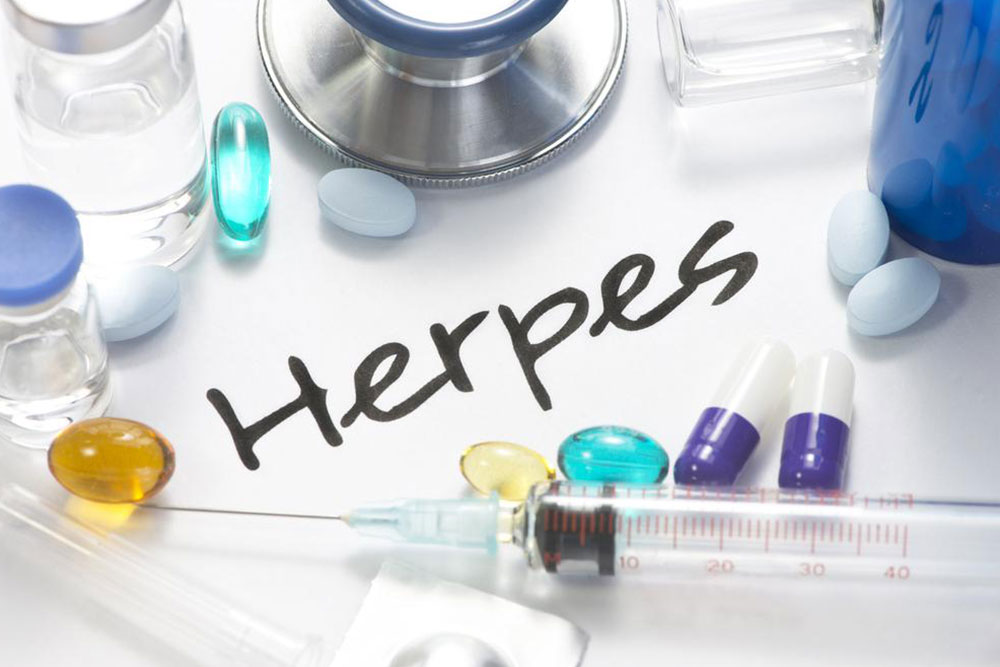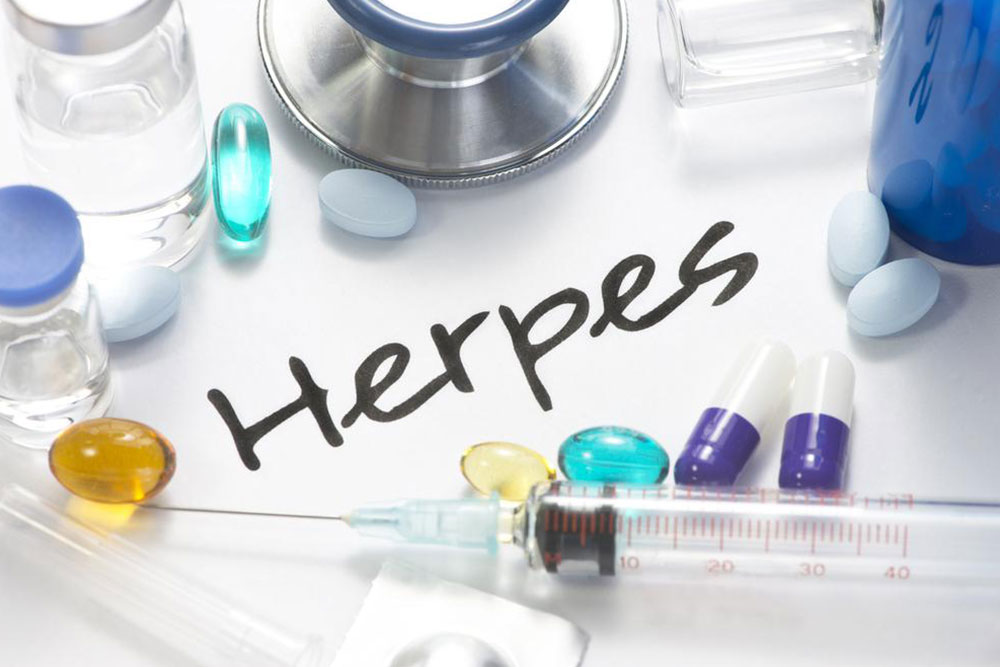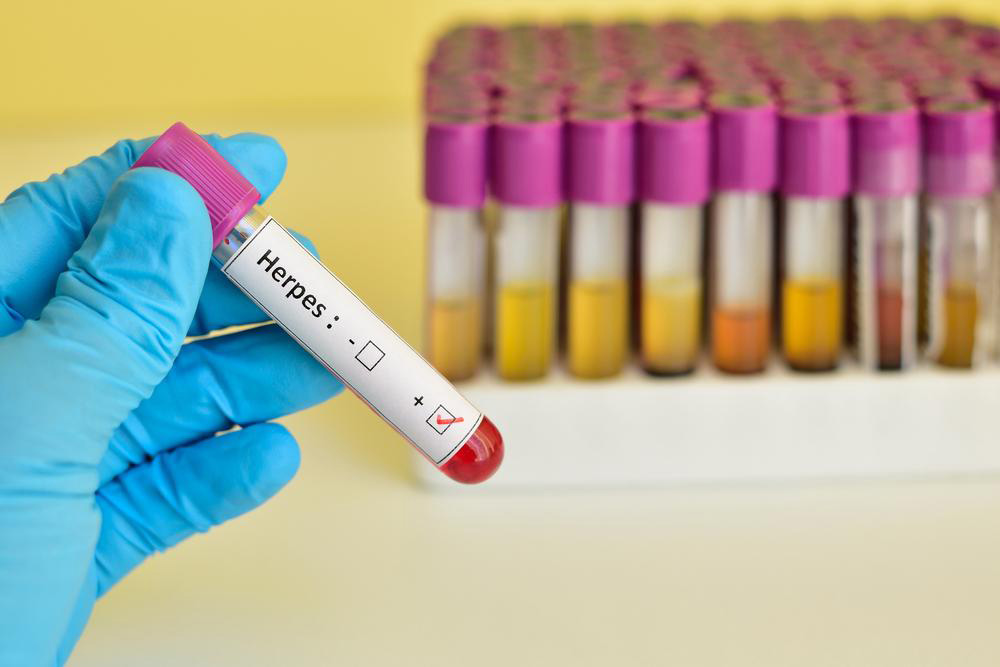Comprehensive Guide to Genital Herpes: Recognizing Symptoms, Causes, and Effective Management
This comprehensive guide explores genital herpes, detailing symptoms, causes, and management options. It emphasizes the importance of early diagnosis, medical treatment, and preventive measures to control the infection, improve quality of life, and prevent transmission. Understanding the types of herpes, recognizing symptoms through images, and effective management strategies are vital for those affected by this common STI.

An In-Depth Look at Genital Herpes: Symptoms, Causes, and Strategies for Effective Management
Genital herpes is one of the most prevalent sexually transmitted infections worldwide, affecting millions of people regardless of age, gender, or background. Caused by the Herpes Simplex Virus (HSV), this infection is highly contagious and can be transmitted through intimate sexual contact, including vaginal, anal, and oral sex. Despite its widespread nature, many individuals remain unaware of the full scope of the infection, its symptoms, modes of transmission, and the best approaches to managing it effectively. This comprehensive guide aims to provide detailed information on genital herpes, helping readers understand the disease better and make informed decisions regarding prevention, diagnosis, and treatment.
Herpes simplex virus exists in two primary types: HSV-1 and HSV-2. While HSV-1 primarily causes oral herpes manifesting as cold sores around the mouth, it can also cause genital infections through oral-genital contact. HSV-2 predominantly causes genital herpes, leading to painful sores and blisters in the genital and anal regions. Both types are highly contagious and can be transmitted even when no visible symptoms are present, making preventive measures essential for sexually active individuals.
Many people suffering from genital herpes experience discomfort, soreness, and itching in the affected areas. The initial outbreak tends to be more severe, with recurrent episodes often less intense but still distressing. Recognizing early symptoms such as painful blisters and ulcers is vital for timely treatment and reducing the risk of transmission to partners. While there is currently no cure for herpes, antiviral medications can significantly suppress outbreaks, reduce symptoms, and decrease the likelihood of transmission.
Understanding the signs and symptoms of genital herpes is crucial for early detection and management. Typical symptoms include a burning sensation, pain, and itching around the genital area. Small, clustered blisters filled with fluid usually appear within 2 to 12 days after exposure to the virus. These blisters may rupture, forming painful ulcers that can make urination uncomfortable. As the ulcers heal, they often scab over, leaving crusty patches on the skin. Some individuals may experience flu-like symptoms such as fever, headache, muscle aches, and swollen lymph nodes during initial outbreaks.
Visual aids, including images of genital herpes lesions, can be extremely helpful for individuals trying to identify possible infections. Sharing such images with healthcare providers can facilitate more accurate diagnosis and personalized treatment planning. Photos can help differentiate herpes outbreaks from other conditions like ingrown hairs, fungal infections, or other skin irritations.
Preventing the spread of genital herpes involves consistent use of barrier protection methods such as condoms and dental dams, though these do not eliminate the risk entirely. Regular testing and open communication with partners are also critical components of sexual health. For those diagnosed with herpes, suppressive antiviral therapy can minimize outbreaks and reduce transmission risk, improving quality of life and peace of mind.
Effective management of genital herpes revolves around medication adherence and lifestyle modifications. Antiviral drugs like acyclovir, valacyclovir, and famciclovir are commonly prescribed to control outbreaks and diminish symptoms. During recurrent episodes, these medications can be used episodically or as a continuous suppressive therapy, based on individual needs. Additionally, maintaining a healthy immune system through proper nutrition, stress management, and adequate rest can decrease outbreak frequency.
It’s normal for individuals to feel anxious or uncertain after diagnosis. Educating oneself about herpes, practicing safe sex, and seeking support from healthcare providers or support groups can help manage emotional and psychological impacts. Open dialogue with partners, including sharing images of symptoms if comfortable, fosters trust and understanding, ultimately leading to healthier relationships.
Timely medical consultation is essential when symptoms appear. Early treatment not only alleviates discomfort but also reduces the likelihood of complications, such as secondary bacterial infections or increased risk of HIV transmission. If you notice symptoms of genital herpes—painful sores, itching, or ulcerations—schedule an appointment promptly. Effective management strategies can improve your well-being, prevent outbreaks, and reduce the risk of spreading the virus to others.
In conclusion, while genital herpes remains a lifelong condition with no current cure, advances in antiviral treatments and preventive measures have made it manageable. Awareness, early diagnosis, timely treatment, and open communication are key elements in living confidently with herpes. Remember, seeking medical advice and sharing images of your symptoms can significantly enhance the accuracy of diagnosis and the effectiveness of your treatment plan. Empower yourself with knowledge and take proactive steps towards sexual health and well-being.





